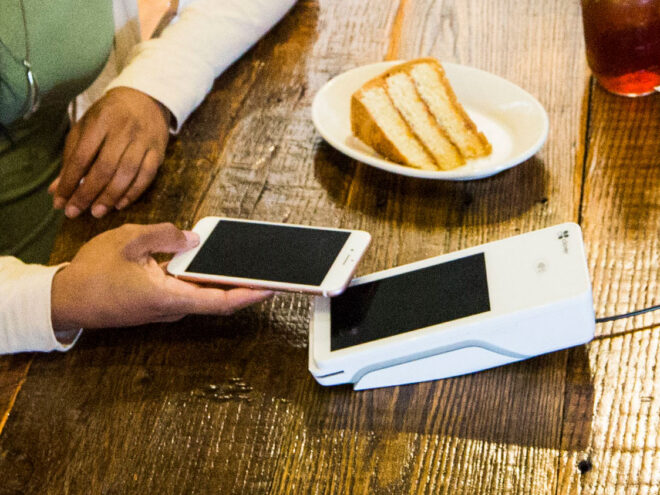5 ways to upgrade your small business cybersecurity for 2024 (and beyond)
Editorial Team
3 min read
Think that cyberattacks only hit big corporations? Think again. Almost half of all cyberattacks hit small businesses with fewer than 1,000 employees. Small and medium-sized businesses lose an average of $25,000 in these attacks. One report shows that about 60% of small businesses that suffer cyberattacks shut their doors within 6 months.
A cyberattack could be devastating for your business. The somewhat good news is that 95% of cybersecurity problems stem from human error. So, educating yourself—and your staff—about small business cybersecurity can go a long way in helping to protect you from attacks.
Here are 5 ways to upgrade your small business cybersecurity for 2024—and beyond:
1. Protect your data
One of the most valuable digital assets you have is your customer data. Make sure you’re not storing any more data than you actually need. Customers’ credit card numbers, for example, shouldn’t be stored in your system. Storing sensitive information like that can increase your PCI scope . Consider using a POS system that supports tokenization and point-to-point encryption for processing transactions. Additionally, remember to back up your data so you can recover it easily in case of a cyberattack. And, access to customer data should be strictly limited to the employees who need it.
2. Get the right tech tools
Malware scanners, email encryption tools, firewalls, and VPNs or secure remote access tools for employees who work remotely can help keep your business secure. Two-factor or multi-factor authentication is also recommended for users who need to access critical data. Remember to limit access to sensitive data to those employees who truly need it to do their work.
3. Train your employees
Most cybersecurity breaches can be traced back to some kind of human error–whether that’s someone setting a weak and easily crackable password or clicking on a phishing link. Any employee who has access to any company system should be trained on best practices for setting passwords, common types of cybersecurity threats, and how to manage email and social accounts to help prevent data breaches.
4. Update your software
One seemingly small thing that can leave you vulnerable to a cybersecurity attack: forgetting to install software updates. It may seem like a little thing that can wait, but many software updates include patches to bugs or flaws that hackers might be able to exploit to access your data. Keep on top of software updates—and remember that your system is only as secure as the least-secure app, software program, or vendor that can access it. Make sure you’re using trusted, vetted software, and talk to any third-party vendors who have access to your system about their cybersecurity plans.
5. Make a plan
Speaking of plans—in the event that a breach does occur, you don’t want to be left scrambling to figure out how to respond and protect your business. You should have a small business cybersecurity plan the same way you should have a business continuity plan for fire or natural disasters.
Your plan should include four parts:
- Figuring out what system was wrongly accessed
- Securing that data again
- Restoring your system as needed
- Tracking down how the attack happened
Each of these parts is crucial to helping you improve your cybersecurity for the future.
The statistics on small business cybersecurity sound scary, and it makes sense to be extremely cautious about something that opens your business up to so much potential risk. But a few simple steps can help you protect your business—and your customers.
Learn more about how a Clover POS system can help your business manage and process payments more securely–whether your business is a restaurant, retail shop, or service business.
SPEAK TO AN EXPERTThis information is provided for informational purposes only and should not be construed as legal, financial, or tax advice. Readers should contact their attorneys, financial advisors, or tax professionals to obtain advice with respect to any particular matter.
Related Posts
Full Service Restaurants (FSR)
3 reasons why you should offer a mocktail menu at your restaurant or bar
What is PCI compliance?
Popular Topics
Stay In Touch
Sign up and learn more about Clover.
Thank you for your subscription!
Recent Stories
- How to evaluate employee performance like an enterprise company
- Dropshipping: What it is & why it might be smart for your small business
- What you need to know about automatic gratuity laws for restaurants
Please share your contact information
to access our premium content.
Thank you for sharing your contact information.
Download Now





